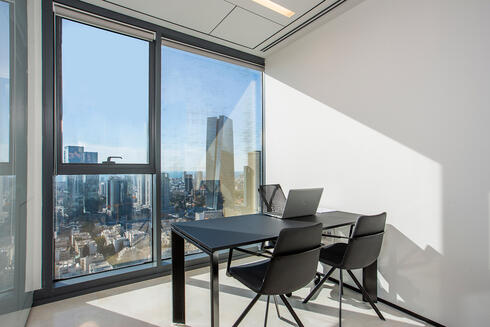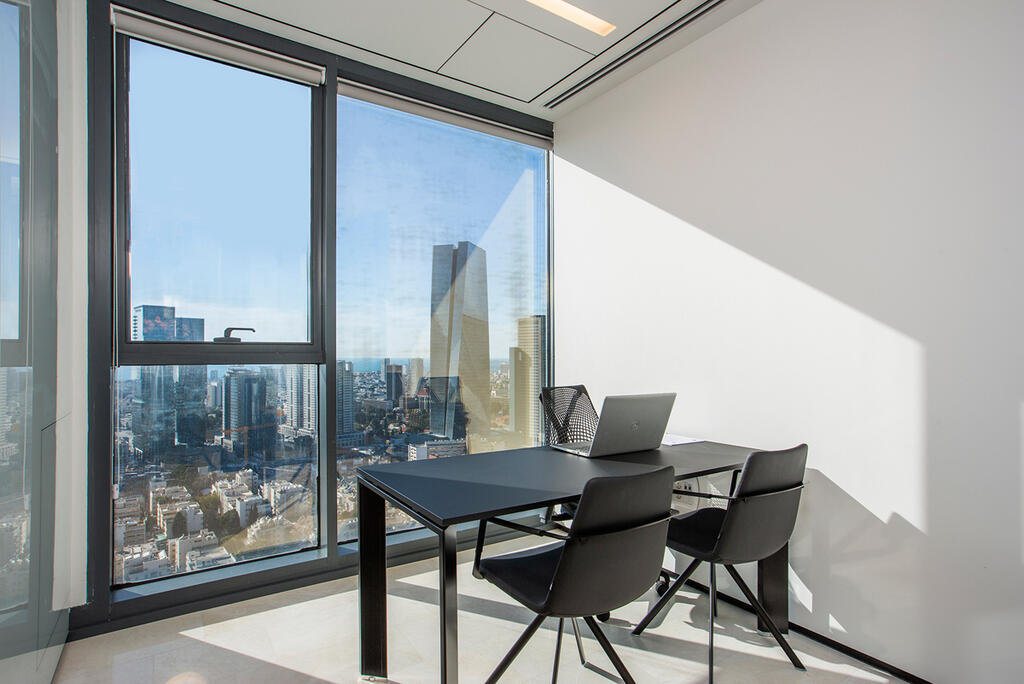
Analysis
Israeli high-tech crisis deepens with hundreds of layoffs in one day
"There is a deep crisis in Israeli high-tech, part of which is due to the global crisis, but part of it is due to what is happening in the country," said Boaz Dinte, Managing General Partner at VC fund Qumra Capital
The Israeli high-tech industry suffered another difficult day on Wednesday. Corning announced it would be closing its development center in Israel and laying off dozens of employees, Israeli medtech company Healthy.io, founded by entrepreneur Yonatan Adiri, laid off about 70 workers, which make up a third of its workforce, and the gaming giant Unity, which acquired ironSource in 2021 for approximately $4.4 billion, announced a third round of layoffs, which included dozens of the company's employees in Israel.
Although the downsizing of the companies is part of a worldwide phenomenon, in Israel there is the added uncertainty due to the potential judicial coup the government is attempting to legislate.
Earlier this week, the Israel Innovation Authority sent a stern position paper to Minister of Science and Innovation, Ofir Akunis, in which it warned that the political uncertainty in Israel could result in severe damage to the local high-tech industry.
Boaz Dinte, Managing General Partner in the venture capital fund Qumra Capital, spoke to Calcalist about the latest layoffs and the business environment. "I talk to investors in the U.S. and they talk about a trend of awakening there," he said. "All of Silicon Valley is busy these days with investments in companies related to the world of ChatGPT and the entire space around it. In Israel there is complete stagnation. There is a deep crisis in Israeli high-tech, part of which is due to the global crisis, but part of it is due to what is happening in the country."
The more worrying trend in the context of the local tech industry is the closing of the development centers. The closure of the Corning center is the third in recent weeks. It was preceded by the closure of the development center of the gaming giant EA, which laid off dozens of employees, and of the storage company Dropbox, which also laid off dozens of employees. In addition, Amazon also recently fired dozens of workers in Israel following the shut down of the "Halo" project, and Meta also fired about 100 workers in Israel.
The closing of R&D centers is part of a prominent phenomenon in times of crisis as they are not significant for the parent companies. In the three cases - of EA, Dropbox and Corning - the three centers employed hundreds of workers at most and were not part of their core operations.
Corning's development center is one of the largest and oldest in Israel and was established on the basis of the MobileAccess company, which Corning Global purchased in 2011 for approximately $180 million. The company went through several rounds of layoffs in the last year, in the last of which it fired about 100 workers.
Now the company, which has a market cap of around $26 billion, has decided to completely close the center and fire all the employees.
Along with the closing of the development centers of the international giants, several Israeli companies reported significant layoffs: Rapid, founded by entrepreneur Iddo Gino, fired half of its employees last week, shortly after announcing Gino's departure and that he will be replaced by the CFO.
The Israeli medtech company Healthy.io, founded by entrepreneur Jonathan Adiri, also announced the layoffs of about 70 workers, which make up a third of its employees, alongside an announcement of the completion of a fundraising round of $50 million.
The layoffs in the company are part of a work plan designed to make the company profitable, which was a condition for completing the funding round.
The company's difficulty to raise money reflects the challenges facing many entrepreneurs looking to raise new capital, especially in growth stages. Itay Rand, a partner in the venture capital fund 10D, said: "We see the paralysis everywhere. In the last quarter, we felt the paralysis even in early rounds. We see how difficult it is now to raise funds as was done in recent late rounds. There is stagnation in many such companies. The FOMO in the market has passed, and there is no competition for deals."
Yonatan Sela, a partner in the venture capital fund Square Peg, doesn't share the same sentiment. “Today I signed a new deal and another follow-up deal. The pace is much slower for the funds and the companies. From the companies' point of view, what has changed is the speed of the rounds and the value of the companies. The main problem is in companies in advanced rounds, starting with Series B, where the mismatch with 2021 is the most acute and where there are many companies that, even if they met the ambitious goals they set, cannot justify the value, which causes fundraising to be postponed or a search for creative solutions to avoid a revaluation of the company".
Dinte of Qumra points out another problem facing CEOs of the companies: "They have another task on their minds: the involvement in the protest against the reform. It consumes energy. In addition, many new companies are registered abroad, which is a serious blow."














